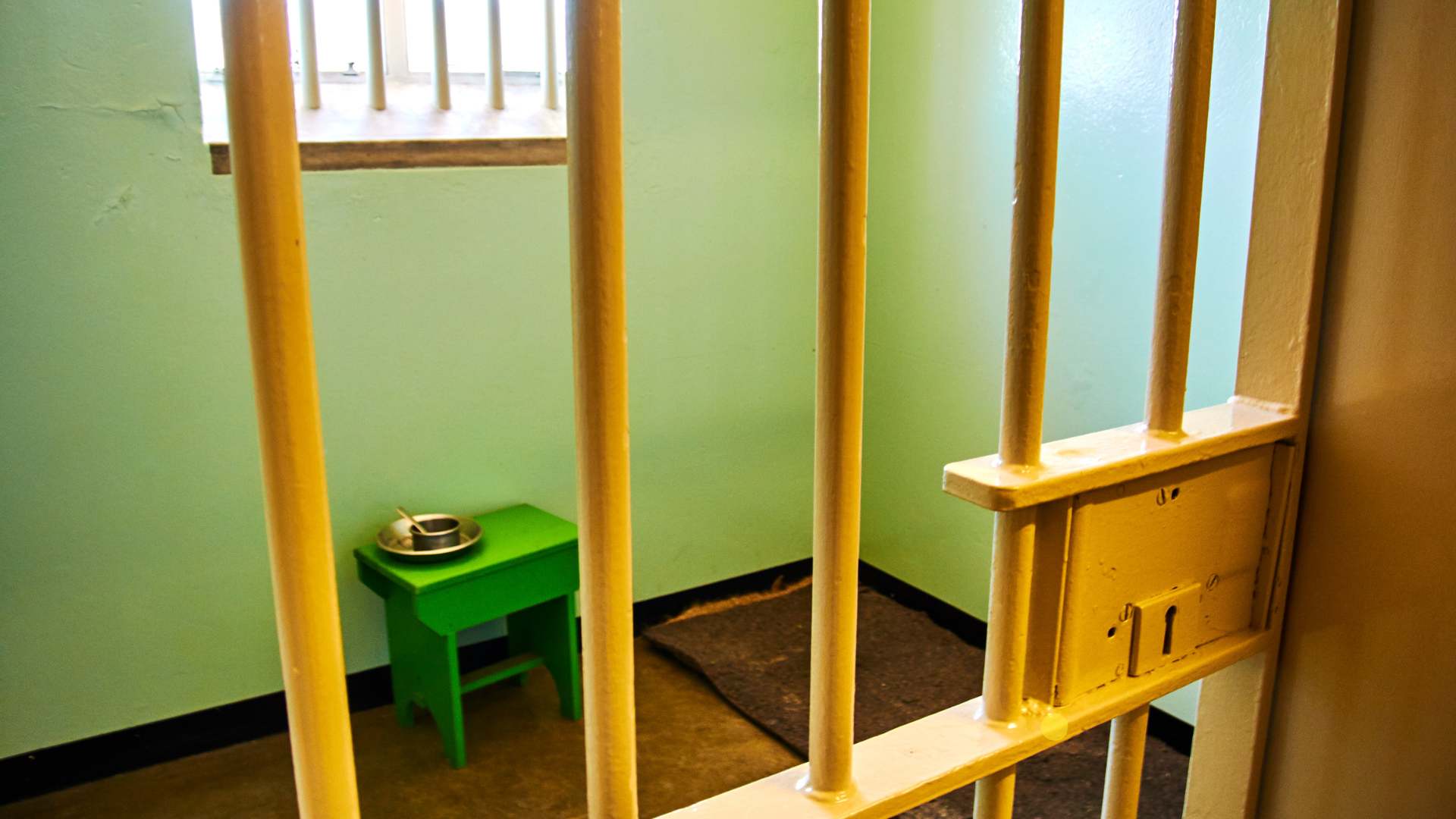
Seven museums to visit during South African Heritage Month
Want to explore South Africa’s rich heritage and history this Heritage Month? Here are seven museums you must visit to do just that…

Heritage Month in South Africa is a time to celebrate the country’s incredible and diverse history, acknowledging the stories and struggles that shaped its identity. One of the best ways to immerse yourself in this heritage is by visiting the many museums that showcase South Africa’s past, present, and future. Here are seven must-visit museums to explore this Heritage Month…
1. Apartheid Museum in Johannesburg
The Apartheid Museum in Johannesburg is a sobering and powerful reminder of South Africa’s difficult journey through apartheid and its eventual triumph over the oppressive regime. Through multimedia displays, the museum vividly chronicles the rise and fall of apartheid, showcasing the brutality of the system and the strength of those who fought against it.
The museum features deeply personal stories from individuals who lived through apartheid, along with an extensive exhibit dedicated to Nelson Mandela’s legacy and the country’s transition to democracy.
2. Robben Island Museum in Cape Town
Robben Island is one of the world’s most famous symbols of the fight for freedom and democracy. It’s the island where Nelson Mandela was imprisoned for 18 of his 27 years of incarceration during the apartheid era. Today, it stands as a UNESCO World Heritage site and a museum dedicated to preserving this important part of history.
Visitors can take a guided tour led by former prisoners who provide a unique, personal perspective on life at the prison. A visit to Nelson Mandela’s cell is one of the most poignant moments of the tour.
3. District Six Museum in Cape Town
The District Six Museum commemorates a once-vibrant multiracial community in Cape Town that was forcibly removed during apartheid. Over 60 000 people were displaced as their homes were bulldozed to make way for whites-only housing. The museum tells the story of this community and the injustices they faced through personal narratives and artifacts.
Exhibits include photographs, maps, and personal stories that bring the community’s history to life, giving voice to the people who once called District Six home.
4. Iziko South African Museum in Cape Town
One of the oldest museums in the country, the Iziko South African Museum offers a diverse range of exhibits covering natural history, anthropology, and archaeology. From fossils of prehistoric creatures to displays on the indigenous cultures of Southern Africa, this museum provides a comprehensive look at the region’s ancient past.
Visitors can view dinosaur skeletons, ancient tools used by early humans, and exhibits on the flora and fauna that have shaped the region’s natural history.
5. Nelson Mandela Museum in Mthatha, Eastern Cape
The Nelson Mandela Museum is a celebration of the life and legacy of South Africa’s most iconic leader. The museum spans three sites: Mandela’s birthplace in Mvezo, the village of Qunu where he grew up, and the Bhunga Building in Mthatha.
The museum’s displays include Mandela’s personal letters, gifts, and memorabilia from his time as a leader. Visitors can also learn about his rural beginnings and the formative years that shaped his political career.
6. Constitution Hill in Johannesburg
Constitution Hill is a former prison complex that has now been transformed into a museum dedicated to human rights and South Africa’s constitutional democracy. The prison, once home to political prisoners such as Nelson Mandela and Mahatma Gandhi, offers a stark reminder of the country’s troubled past.
Visitors can explore the Old Fort, Women’s Jail, and Number Four (the men’s prison), with exhibits that focus on human rights and the development of South Africa’s post-apartheid constitution.
7. KwaZulu-Natal Museum in Pietermaritzburg
The KwaZulu-Natal Museum is one of South Africa’s leading cultural and natural history museums, with a rich collection that covers the history of the region. Exhibits include displays on Zulu heritage, ancient fossils, and archaeological findings, offering a broad understanding of the area’s biodiversity and cultural legacy.
Visitors can explore displays on traditional Zulu life, ancient tools, and a rich collection of natural history specimens.